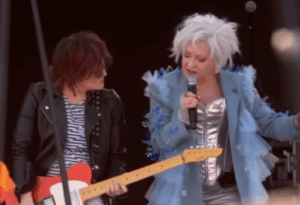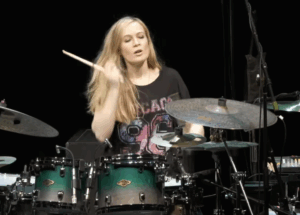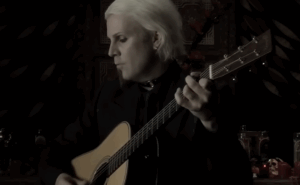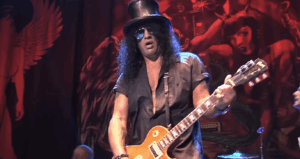You Won’t Believe How New These Songs Actually Are

via @Chinwonder2 / YouTube
Modern music can be deceiving. One moment you think you’re hearing a long-lost track from a vinyl record, only to find out it dropped just last year. Artists today have become masters at capturing the spirit of past decades, fusing nostalgic sounds with current-day production in a way that blurs the lines between eras.
There’s something oddly comforting about the familiarity in these tracks—the warm analog tones, vintage-inspired vocals, and unmistakable grooves that echo earlier musical movements. But this widespread love for throwback aesthetics has made it harder than ever to guess when a song was actually released. The past is no longer just influencing music—it’s practically being remade.
It’s not about lacking originality. In fact, this genre-blending homage has produced some of the most creative tracks of recent times. Below, we’ve gathered three songs that sound like they belong in another decade—but they’re a lot newer than you’d expect.
“Valerie” – Mark Ronson feat. Amy Winehouse (2007)
When you first hear “Valerie,” it’s easy to believe it’s a forgotten gem from the 1960s. From the moment Amy Winehouse starts singing, the track channels the Motown spirit with soulful guitar licks, doo-wop harmonies, and a horn section that feels like it was lifted straight from a vintage vinyl. Her smoky vocals only add to the illusion that this track hails from a time long before smartphones and streaming.
In reality, “Valerie” was released in 2007 and became one of the signature songs of Amy Winehouse’s tragically short career. Produced by Mark Ronson, the song is actually a cover of a 2006 track by The Zutons. But what Ronson and Winehouse did was more than a reinterpretation—they transformed it into a retro-soul anthem that felt timeless from the start.
It’s no surprise that a younger listener might assume Winehouse was a ’60s icon. Her entire aesthetic, both in sound and style, paid tribute to the past without feeling dated. “Valerie” is proof that new songs can wear old clothes beautifully—and still turn heads doing it.
“Crazy Little Thing Called Love” – Queen (1979)
With its rockabilly rhythm and Presley-style vocals, “Crazy Little Thing Called Love” sounds like it could’ve topped the charts in the 1950s. The simplicity of its arrangement—bouncing guitar chords, upright basslines, and a snappy drumbeat—feels like a sharp turn from Queen’s usual bombastic sound. It’s a track that revels in restraint and charm, something that Elvis himself would’ve felt right at home performing.
But this surprising tune was actually released in 1979, at the tail end of the disco decade. Freddie Mercury, ever the musical chameleon, reportedly wrote the song while lounging in a bathtub, and it quickly became a playful tribute to his idol, Elvis Presley. Despite being a stylistic outlier, it went on to become one of Queen’s most recognizable hits.
Its timeless quality lies in how fully it embraces its influences. There’s no modern twist or ironic distance—it’s just a pure, affectionate homage to a sound that shaped Mercury’s early musical life. In doing so, Queen didn’t just borrow from the past; they made it sing again.
“Harvest Moon” – Neil Young (1992)
At first listen, “Harvest Moon” feels like a natural continuation of Neil Young’s 1970s catalog. The acoustic strumming, hushed harmonies, and mellow groove evoke the same soft rock intimacy that defined his early classics. It’s a song that could’ve easily nestled between “Heart of Gold” and “Old Man” without raising eyebrows.
That’s why it’s often a surprise to realize this track came out in 1992. Released two decades after his peak singer-songwriter era, “Harvest Moon” felt like a deliberate return to form. At a time when grunge and alt-rock were taking over, Young leaned into nostalgia and gave fans a gentle reminder of the warmth and wisdom that characterized his earlier work.
Rather than chasing trends, he doubled down on what he did best—evoking emotion through simplicity. “Harvest Moon” stood out in its decade precisely because it didn’t try to fit in. It sounded like a time capsule from a quieter, more reflective era—and that’s exactly why it still resonates so deeply today.














